When your kidneys fail, they can no longer perform essential functions such as filtering out waste, salt, and excess fluids from your blood. Normally, these unwanted substances are eliminated from your body through urine. However, when the kidneys stop working properly, toxins build up in the body, which can lead to severe and potentially life-threatening complications.
Kidney failure can develop gradually due to chronic kidney disease (CKD) or occur suddenly in what is known as acute kidney failure. While long-term kidney damage is often irreversible, acute kidney failure may be reversed with timely medical intervention.
Chronic vs. Acute Kidney Failure: What’s the Difference?
Healthy kidneys filter all the blood in your body about every 30 minutes, according to the Centers for Disease Control and Prevention (CDC). When they can’t do their job, it typically results in one of two types of failure:

Acute Kidney Failure is the sudden loss of kidney function over a short period (hours or days). It may result from:
Septic shock
Severe dehydration
Significant blood loss
Burns
Pregnancy complications
Blockages in the urinary tract
Certain medications
Chronic Kidney Failure, on the other hand, occurs gradually as ongoing damage diminishes kidney function. Over time, the kidneys lose their ability to effectively filter the blood. This leads to dangerous toxin buildup, increasing the risk of other health conditions such as heart disease and stroke. In severe cases, dialysis or a kidney transplant may be necessary.
Can Acute Kidney Failure Be Reversed?
Yes—acute kidney failure can often be reversed, especially with early hospital treatment. In some cases, dialysis is used temporarily to take over the kidneys’ job while the underlying cause is treated. Many patients regain kidney function within weeks or months.
Natural Ways to Support Kidney Health
While some kidney damage may not be reversible, certain lifestyle and dietary changes can significantly improve kidney function, especially in early or acute stages. Here’s how you can support your kidneys naturally:
1. Kidney-Friendly Vegetables
Some vegetables contain compounds that help detoxify and support kidney function:
Asparagus: Contains an enzyme that aids kidney detox.
Cabbage and Cauliflower: Low in potassium and rich in antioxidants.
Bell Peppers: Packed with vitamin C and other nutrients.
Celery: Supports healthy fluid balance.
Garlic: Rich in allicin, which has anti-inflammatory properties.
Spinach: High in oxalates; eat in moderation with calcium-rich foods like cheese to avoid kidney irritation.
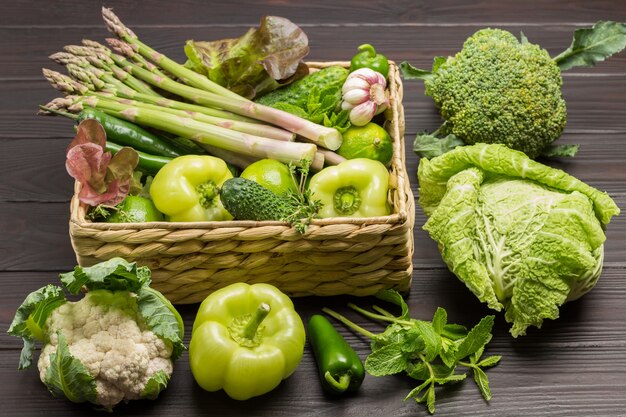
2. Magnesium-Rich Foods
Magnesium helps prevent calcium oxalate kidney stones and supports overall kidney function.
Good sources include pumpkin seeds, leafy greens, and avocados.
Supplement tip: Magnesium glycinate (about 400 mg daily) is often recommended for its absorbability and kidney-protective benefits.

3. Probiotic-Rich Foods
Healthy gut bacteria can reduce the burden on your kidneys by breaking down waste products like urea.
Top choices: Yogurt, kefir, sauerkraut, kimchi.
Key strains: Bifidobacterium longum and Lactobacillus casei have shown positive effects on kidney health.
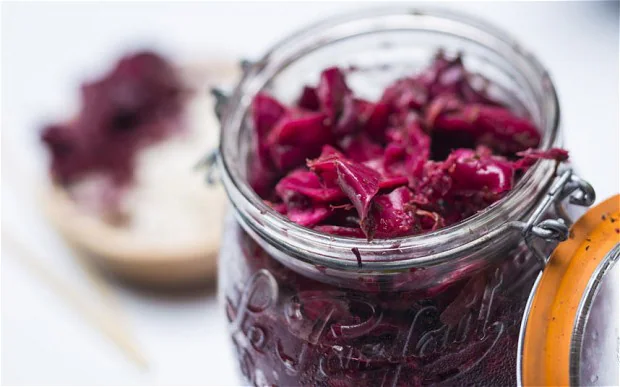
4. Moderate, High-Quality Protein
Too much protein can overwork damaged kidneys, but too little can lead to other health issues. Balance is key.
Choose: Wild-caught fish, sardines, cod liver, and eggs for high-quality protein and omega-3s.
Portion tip: Aim for 6–7 ounces of protein per meal.
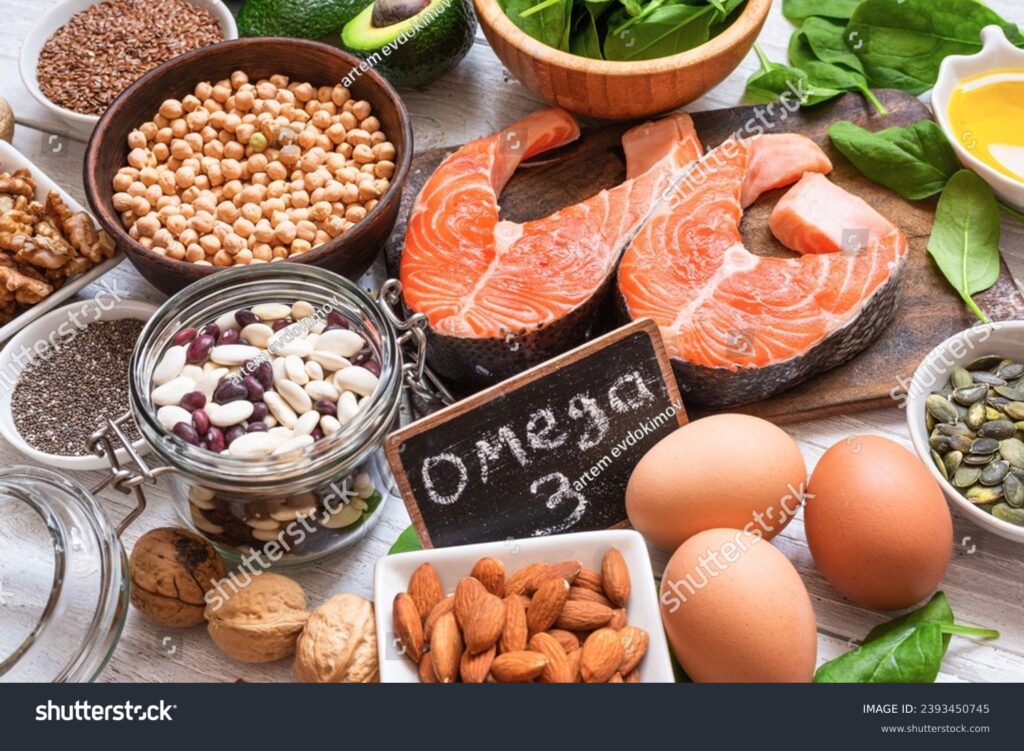
5. Antioxidant-Rich Foods
Oxidative stress can worsen kidney damage. Antioxidants help protect against it.
Best picks: Blueberries, blackberries, raspberries, strawberries, and beets.
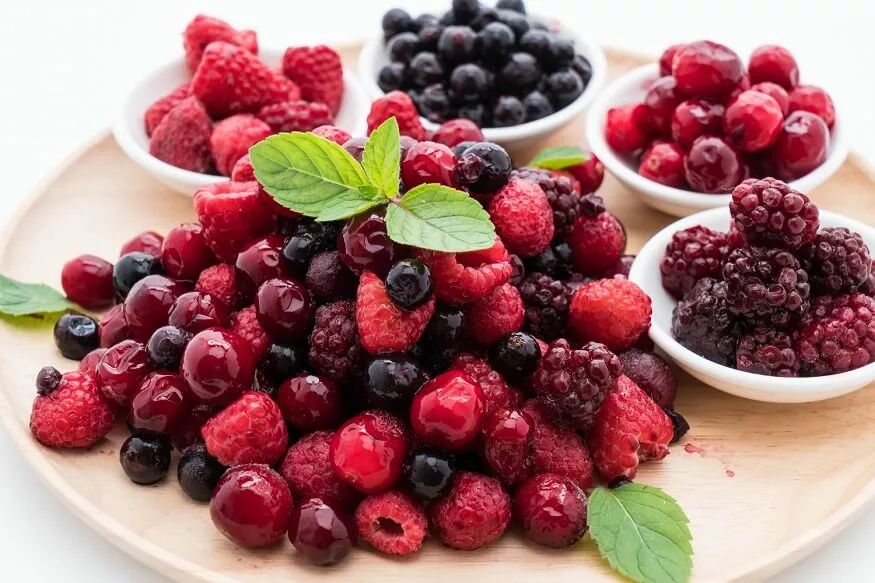
6. Quercetin-Rich Foods
Quercetin is a natural compound with anti-inflammatory and anti-fibrotic effects.
Sources: White and red onions. Saute or eat them raw to enhance meals while supporting kidney health.
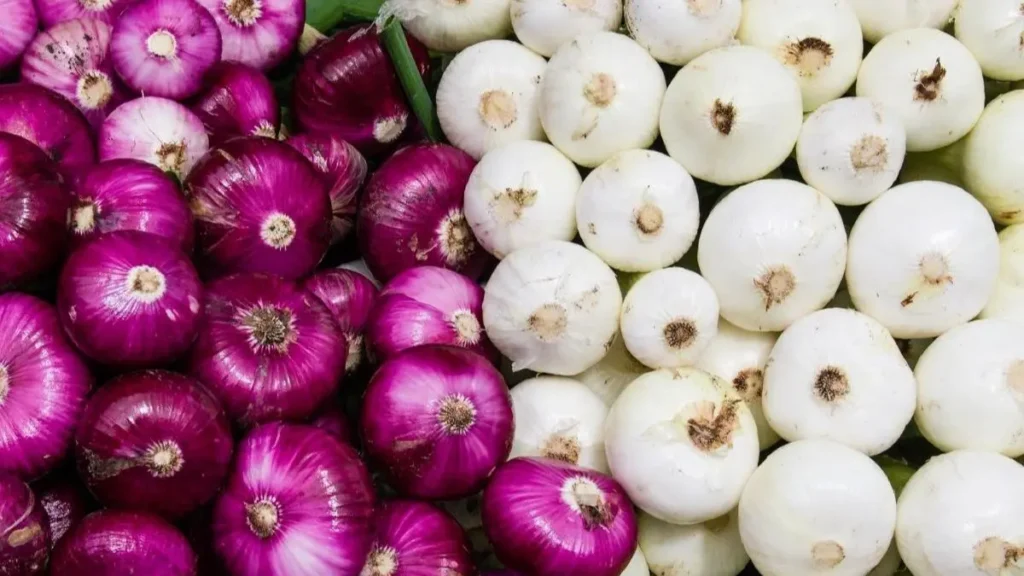
7. Extra Virgin Olive Oil and Herbal Teas
Olive Oil: Contains anti-inflammatory compounds that support kidney function and help reduce kidney stones.
Teas for kidney support:
Nettle tea: Anti-inflammatory.
Dandelion tea: Acts as a natural diuretic.
Turmeric tea: Fights inflammation.
Decaffeinated black or green tea: Rich in polyphenols which protect kidneys and reduce iron overload.
Note: Avoid excessive caffeine and drink only moderate amounts of fluids—too much can overwork the kidneys.

Lifestyle Tip: Try Intermittent Fasting
Intermittent fasting can reduce kidney stress and lower insulin levels, creating an environment where the kidneys can begin to recover. Combining intermittent fasting with a low-carb, kidney-supportive diet may further reduce strain on your filtration system and support long-term health.
Kidney failure is a serious condition, but with early action—especially in the case of acute kidney failure—recovery is possible. Alongside medical treatment, the right foods and lifestyle habits can greatly enhance kidney function and help prevent further damage.
Always consult a healthcare professional before making significant changes to your diet or treatment plan.

